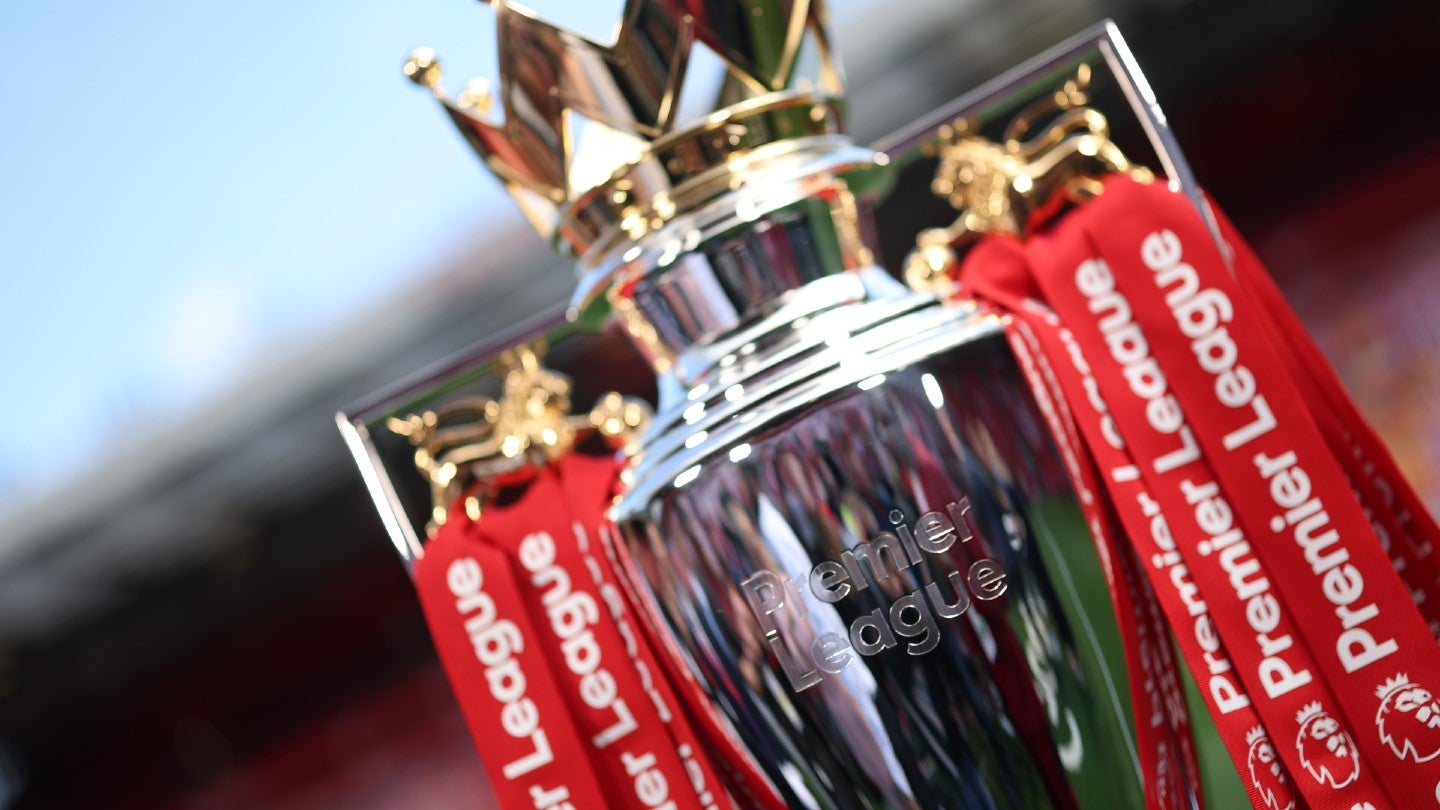Marketers are calling for direct access to the refinery’s output, criticizing the Nigerian National Petroleum Corporation’s dominance in the market.
This is as the situation surrounding the sale and distribution of Premium Motor Spirit from the Dangote refinery has sparked controversy.
The National Publicity Secretary of the Independent Petroleum Marketers Association of Nigeria, Chinedu Ukadike
argues that the market should operate on a willing-buyer, willing-seller basis, as previously promised by the NNPCL, according to The Punch.
Despite earlier assurances from the NNPCL that it was not the sole purchaser of the refinery’s products, the Federal Government recently announced that the NNPCL would be the exclusive buyer.
This was disclosed the Finance Minister Wale Edun, at a press briefing in Abuja on Friday adding that marketers would need to purchase petrol from the NNPCL’s trading company.
The minister, represented by the Executive Chairman of the Federal Inland Revenue Service, Dr Zacceus Adedeji, also stated that the Dangote refinery is set to start distributing petrol to marketers on Sunday, with an initial supply of 25 million litres per day.
He said, “I am glad to announce that all agreements have been put in place, and the loading of the first batch of PMS, as already announced by NNPC, will commence on Sunday, September 15, 2024. And from October 1, NNPC will commence the supply of crude oil to the Dangote refinery to be paid in naira.
“In return, Dangote refinery will supply PMS and diesel of equivalent value to the domestic market to be paid in naira. But for now, PMS will only be sold to NNPC. NNPC will then sell to various marketers.”
Reacting, Ukadike said the market should be liberalised.
“It should be open for all in line with the willing-buyer and willing-seller comments made by the NNPC. We are also looking at how to build our logistics and come up with our price,” he stated.
Meanwhile, the National President of the Petroleum Products Retail Outlets Association of Nigeria, Billy Gillis-Harry expressed concerns about the potential formation of a new domestic monopoly in the oil and gas sector.
He worries that centralizing the purchase and distribution of petrol through the NNPCL could stifle competition and create monopolistic conditions, which might adversely impact both the market and consumers.
Gillis-Harry said, “Right now, even on Saturday, that business (petrol) is going to start rolling out tomorrow (Sunday), we don’t know what the price might be. Nobody has informed us about anything; we are not aware of what the government is doing.
“We don’t know any of the pricing templates yet or the matrix that will bring about the pricing template. We have been asking Dangote or anybody that is in charge of this transaction to be transparent, but somehow, we have not got any of that information.
“We are about to leave NNPC monopoly from importation and now we are also going to have that in a domestic environment, that portends danger for the industry.”










